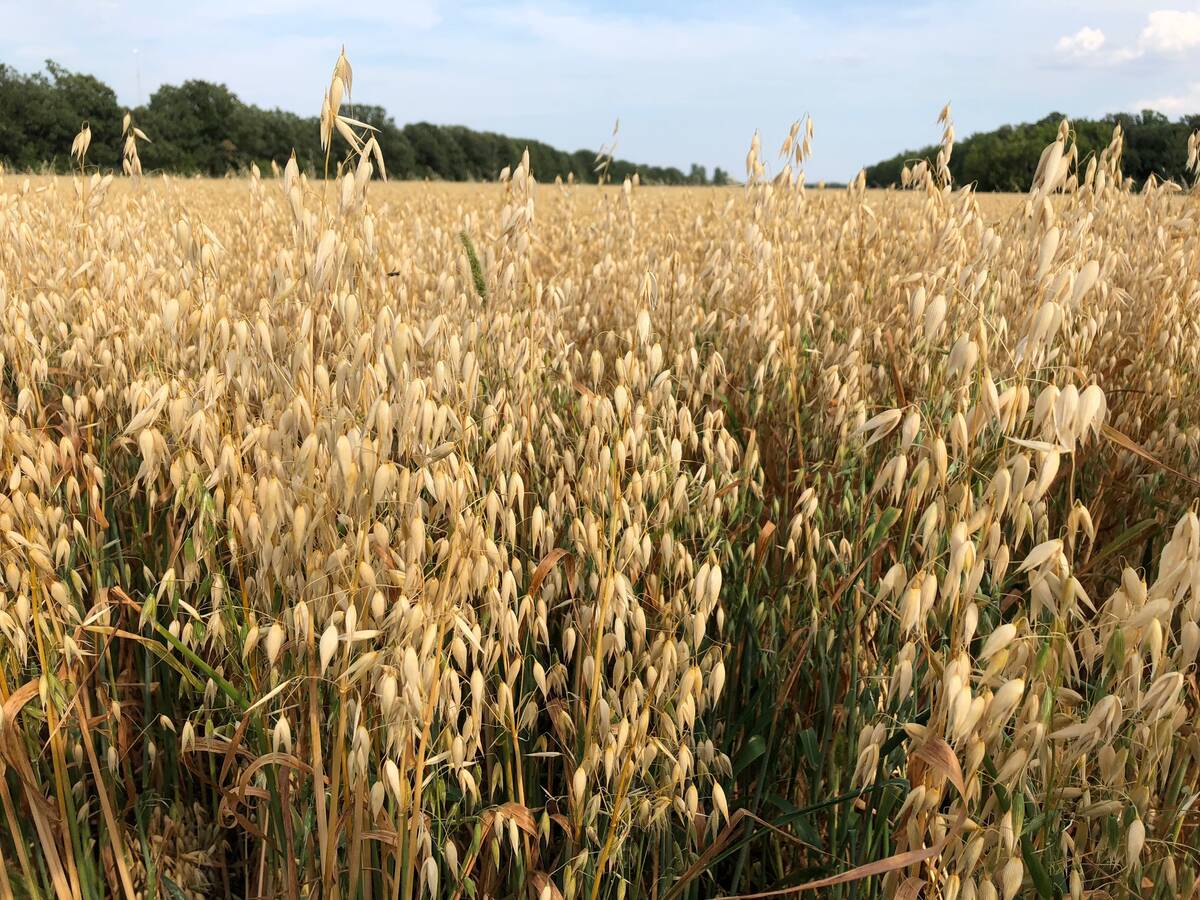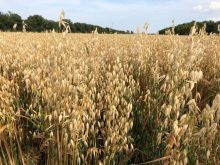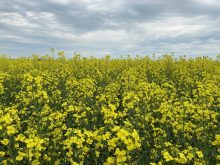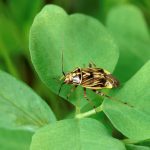Seed and ag chem firms BASF Plant Science and Monsanto Co. have agreed to expand their joint biotech development work into wheat, potentially bringing an “enhanced-yielding” wheat to market — at least 10 years from now.
And the two companies said Wednesday they plan to “initially focus on developing biotech products for the North American and Australian markets.”
The joint announcement comes on the heels of a separate plan announced by Syngenta and the International Maize and Wheat Improvement Center (CIMMYT) in April to work toward biotech wheat.
Read Also

Big oat crop in 2025/26 pointing to less acres next year
Oat acres in Canada are likely to recede this spring with cash prices to remain low, said Scott Shiels, grain procurement manager for Grain Millers Canada in Yorkton, Sask.
The added efforts would be good news for the segment of Canadian wheat growers who say the use of genetic modification (GM) technology is long overdue to improve traits in wheat such as yield potential and tolerance to drought stress.
But citing the loss of some canola markets as an example, other growers’ groups have long warned that to move forward on GM wheat without widespread market acceptance would jeopardize key wheat export markets.
“Our re-investment in wheat is in its infancy and we are still analyzing all our options relative to Canada,” Trish Jordan, spokesperson for Monsanto Canada, said in an email Wednesday.
“We recognize Canadian growers have been strong adopters of technology in other crops such as canola, corn and soybeans, so as we develop advanced breeding technologies and traits for wheat, we will be interested in looking at opportunities for Canada and Canadian growers.”
The BASF/Monsanto collaboration, first set up in 2007 with a budget of up to US$1.5 billion, has so far included corn, soy, cotton and canola and is expected to produce a first-generation drought-tolerant corn by “around 2012.”
Adding wheat to the agreement will bring a “potential additional investment” of over US$1 billion during their collaboration, BASF and Monsanto said.
Monsanto’s Jordan said the company has had discussions with grower groups and “other key stakeholders” in Canada and elsewhere and is open to collaboration with both public and private institutions in the U.S. and Canada.
“We have been encouraged by the broad interest expressed in the U.S. and the level of engagement of these groups and are looking for similar signs in Canada,” she said.
“All three regions”
Monsanto’s goal, in terms of releasing a biotech wheat in Canada, is “consistent with the trilateral statement issued by grower groups in Canada, the U.S. and Australia,” Jordan said.
That’s a reference to a list of nine grower groups in the three countries who in May last year pledged their support to help clear a regulatory path for the use of biotechnologies such as GM in wheat breeding.
The groups, which in Canada included the Grain Growers of Canada, Western Canadian Wheat Growers Association and Alberta Winter Wheat Producers Commission, said they have an “accord” on “the need for the synchronized introduction of biotech wheat.”
Or, as Jordan put it Wednesday, “their preference or goal was to have any commercial introduction of a biotech trait in wheat happen in all three regions at the same time.”
The first enhanced-yielding wheat product is expected to reach the market after 2020, the companies said, and would be followed by “successive generations of higher-yielding wheat varieties.”
“The expansion of our partnership reflects the fit between the two companies,” Peter Eckes, president of BASF Plant Science, said in Wednesday’s release.
“The yield increases that we have achieved together in the field so far give us confidence that we can do more in our collaboration crops, which now include wheat.”
The terms of the original BASF/Monsanto collaboration are to continue, with the German and U.S. firms respectively working through their own trait discovery programs and nominating “specific candidate genes to advance for accelerated joint development.”
Projects would be jointly funded through each phase of development and any resulting wheats would be commercialized by Monsanto, with Monsanto and BASF splitting any net profits 60:40 respectively.
When Syngenta and the CIMMYT announced their biotech wheat collaboration earlier this spring, John Atkin, chief operating officer for Syngenta’s crop protection business, said any resulting GM wheat traits would not be introduced unless there’s broad acceptance among wheat consumers.
But Syngenta, he added, would also look at finding the right way to communicate the technology and its benefits to the world at large.
Demand for wheat is expected to grow as millions of people in countries such as China and India become more affluent and increasingly add bread to their rice-based diets, BASF and Monsanto said Wednesday.














